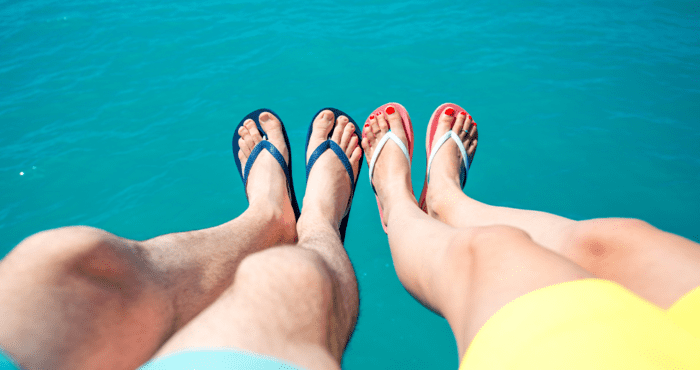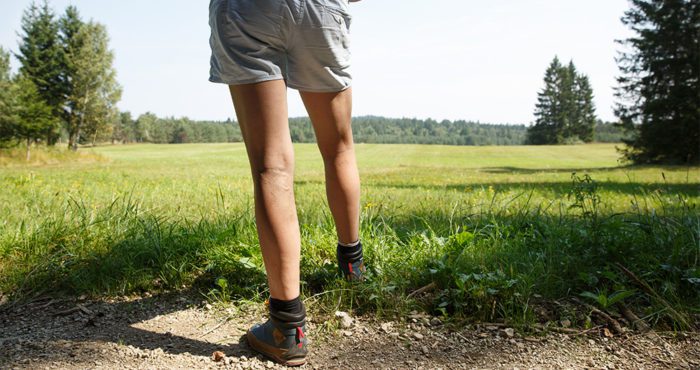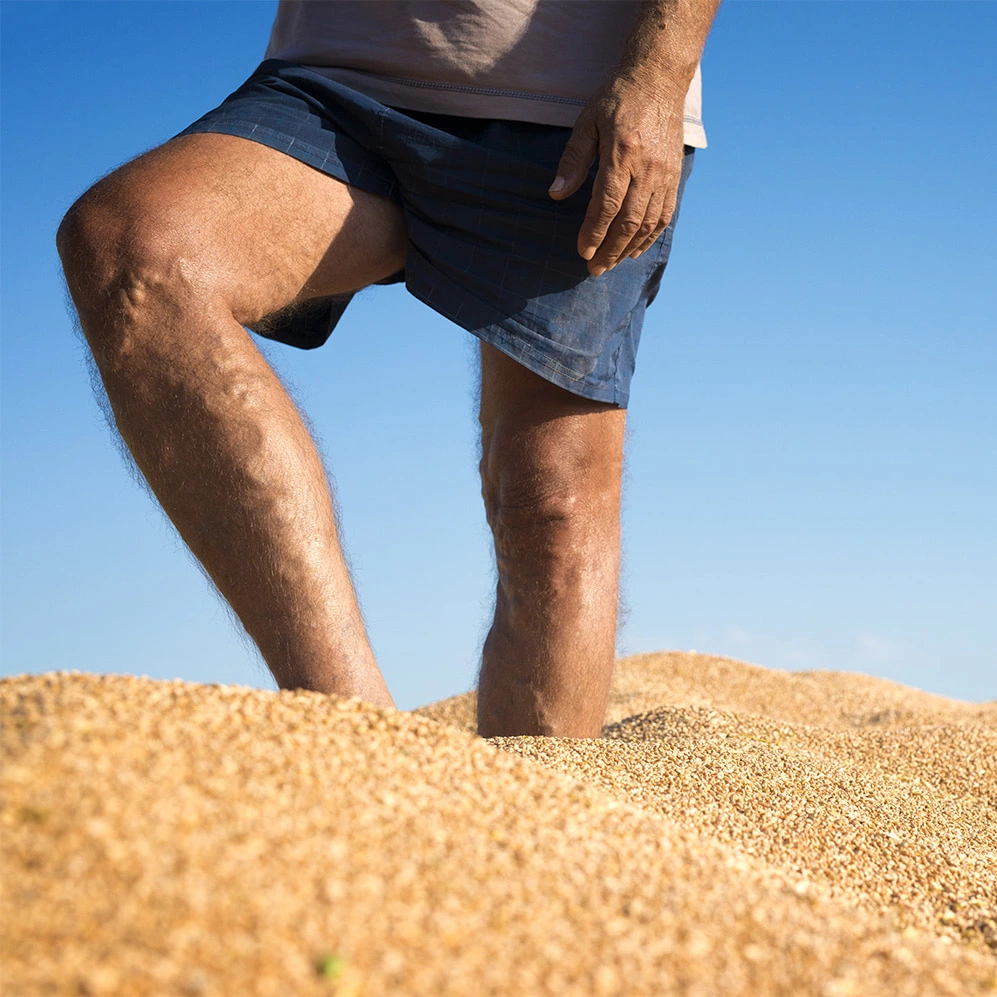What are varicose veins?
Varicose veins are bulging, twisty veins that you can get on your legs and feet. They usually get larger over time and are caused by a problem with the valves in your veins. They’re really common, with one in three people getting them at some point. Varicose veins can affect you in different ways, but any symptoms are likely to worsen if they go untreated.
The veins in your legs carry blood from your feet back to your heart. There are tiny valves in your veins that control the direction of blood flow. Varicose veins most commonly indicate an issue with these valves, as blood can build up when they aren’t working properly. Blood flowing in the wrong direction leads to an accumulation in your veins, resulting in the swelling and bulging you can see when you have them. The symptoms that follow can range from cosmetic to tired, aching legs that may itch, throb and feel restless. Even worse, varicose veins can lead to skin damage in the form of venous ulcers.
Why are varicose veins worse in hot weather?
The warmer weather can make your varicose veins worse in summer because veins dilate more in the heat.
As one of the ways your body attempts to maintain a stable temperature, this is particularly the case with veins on the surface of your skin. As your veins expand, they become more visible and can make you feel apprehensive about wearing clothes that expose your legs and feet.
There are other symptoms that can make you feel much more uncomfortable due to your veins being larger. As the valves struggle even more to deal with the blood flow, you can have more swelling, throbbing and aching than usual. The resulting restlessness can make relaxing and sleeping difficult, while aggravating your symptoms may also prove restrictive when you want to make the most of the nice weather by being more active.

Cold weather and varicose veins
As you may have guessed, colder weather can have a positive impact on your varicose veins. As your veins shrink, the valves inside them are able to perform better. With the enhanced blood flow, your varicose veins may appear less swollen and your legs may not ache as much. However, some symptoms can be aggravated by plunging temperatures and changes in atmospheric pressure, which can hinder your circulation.
Although it’s easier for your blood to travel upwards through narrower veins, the fact that your circulatory system as a whole isn’t functioning at its optimum level can exacerbate certain symptoms. Gaining weight can also do this, which is most common during winter.
Tips for managing varicose veins
Whether you want to get rid of unsightly veins ready for your summer wardrobe or you’re hoping to be more active during the warmer months, there are a number of ways you can deal with your varicose veins.
- Exercise regularly to encourage better blood flow back to your heart
- Wear compression stockings when active to improve drainage from your legs
- Elevate your legs when sitting or lying down
- Avoid standing for long periods of time
- Avoid weight gain where possible
- Get your varicose veins treated


